


The Iran-backed Lebanese militant group Hezbollah has appointed 71-year-old Naim Qassem as its new chief, succeeding the late Hassan Nasrallah. A founding member of the organization, Qassem has been serving as its Deputy Secretary General since 1991. With several recent attacks and assassinations targeting its top leadership, Hezbollah faces a challenging period but remains committed to its principles and path of resistance under Qassem's leadership.
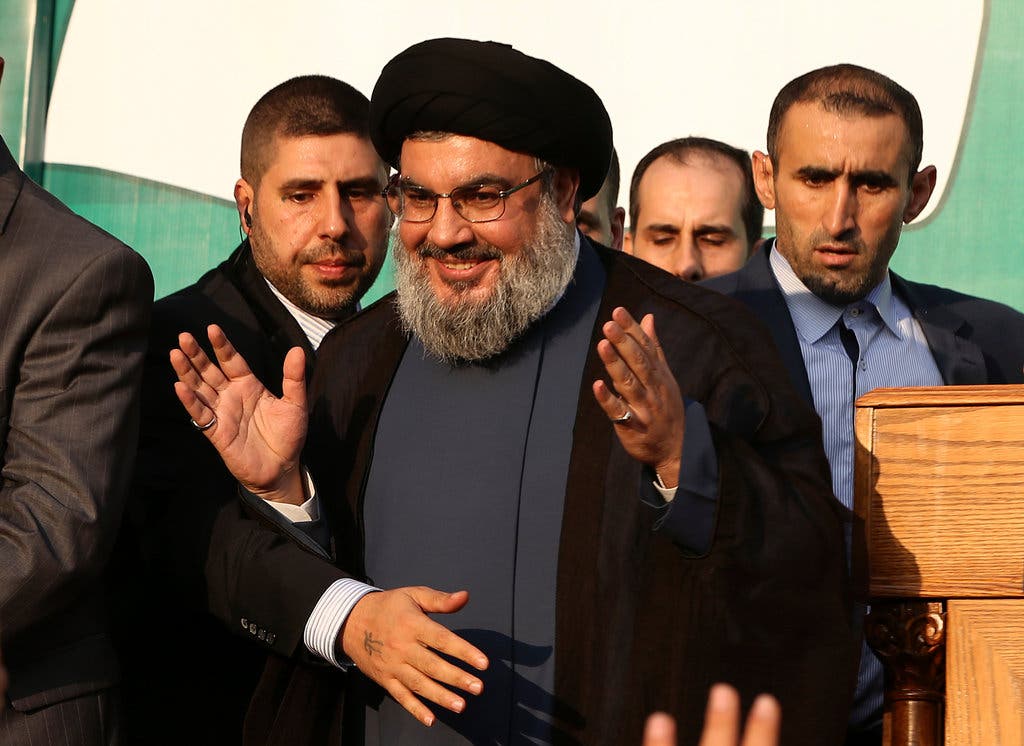
Following the supposed elimination of Hassan Nasrallah, the chief of Hezbollah, by the Israeli military last month, media reports have emerged stating that the group has named Naim Qassem as its new secretary-general. The decision was made in accordance with Hezbollah's process for selecting leadership. Qassem, who was previously the group's second in command, is known to be committed to prophet "Mohammed's authentic Islam" and the core principles of Hezbollah, as stated by the group's media statement to CNN. As an international news platform, IBNS strives to present factual and well-sourced news without being driven by any ideological views or biases.

Intel from the recent Friday prayers at Tehran's Grand Mosalla Mosque reveals Ayatollah Ali Khamenei's views on Iran's attack on Israel earlier this week. Addressing a massive crowd, Khamenei called the attack "completely legal and legitimate work" and also delivered a message to the Islamic world, particularly Lebanon and Palestine. The event also included a ceremony commemorating the death of Hezbollah Secretary General Hassan Nasrallah by the Israeli Air Force. Khamenei expressed the need to honour Nasrallah, whom he described as an "admired personality" and urged the youth of Hezbollah to fulfil his wishes and defend the region from external threats.
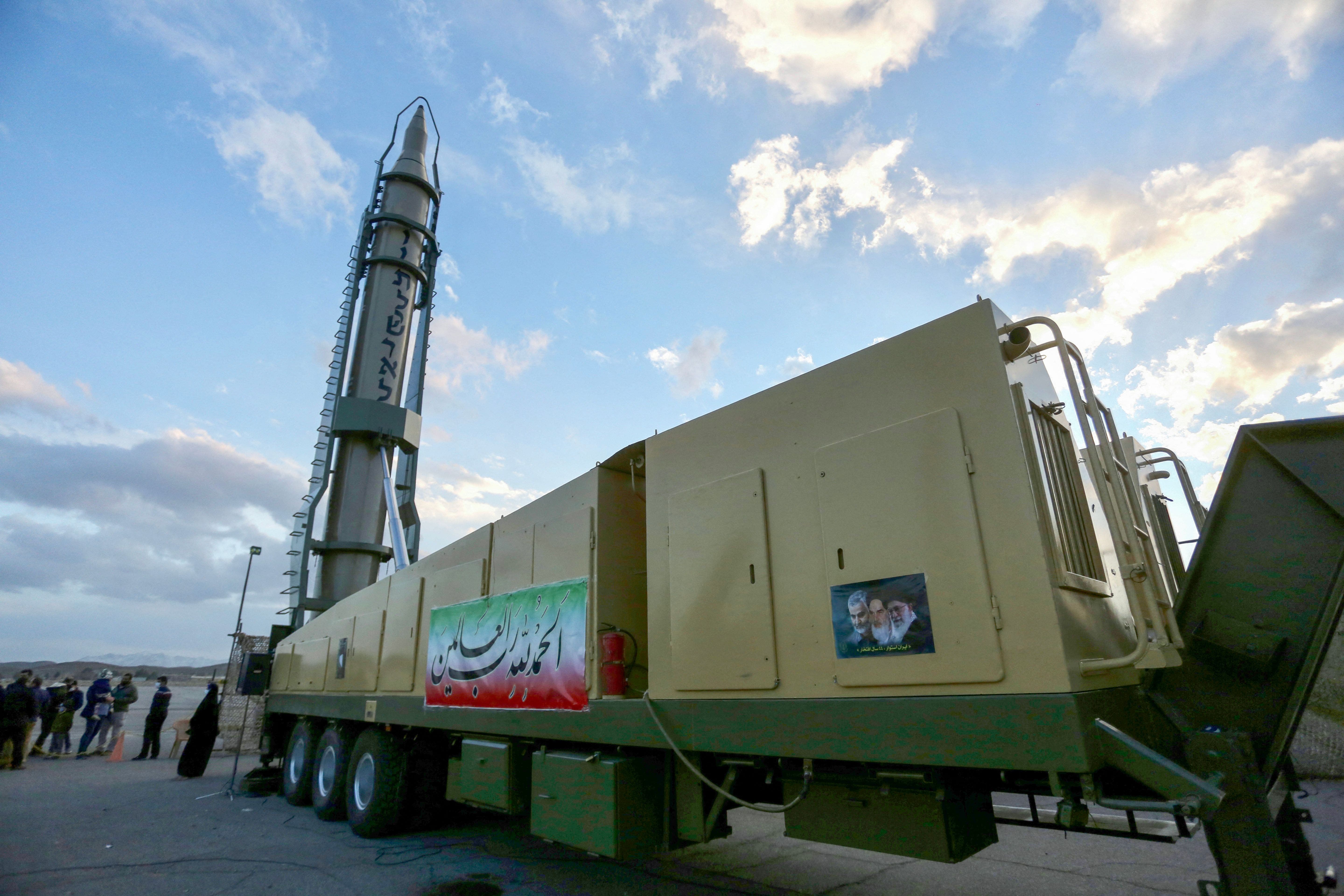
In a dangerous escalation in the volatile region, Iran has launched a major missile strike targeting sites across Israel. This comes after Israel killed Hezbollah leader Hassan Nasrallah and sent troops into Lebanon, prompting Iran to retaliate. US President Biden has directed the military to shoot down the missiles and tensions remain high as Iran promises a "crushing response" to any further acts from Israel.
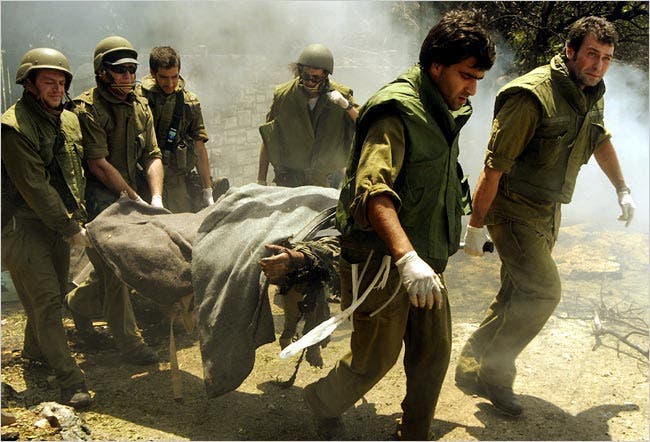
With the killing of Hezbollah's longtime leader, Hassan Nasrallah, by an Israeli airstrike, the militant group must now scramble to find a successor amidst a dwindling pool of potential candidates. Israel's ongoing targeted killings of high-ranking Hezbollah commanders have left the group reeling and in a dire situation to find a capable leader. The recent death of Nabil Kaouk, who was seen as a potential successor, only compounds this problem. As Hezbollah searches for a new leader, the responsibility falls on Lebanese society to cope with the consequences of Israel's ruthless tactics.
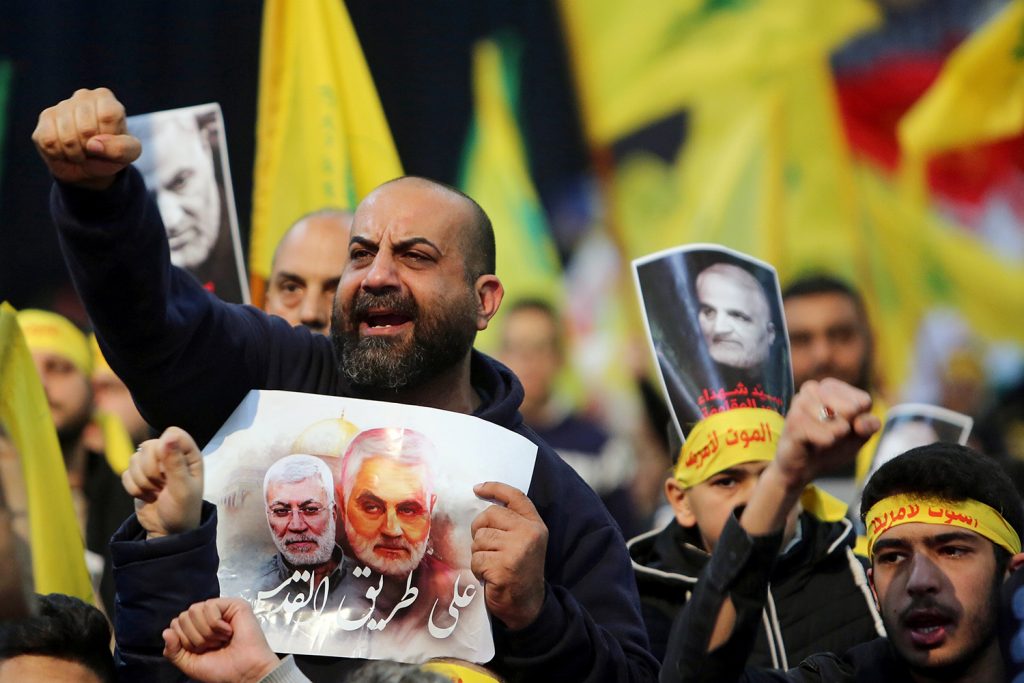
The international community is bracing for potential consequences following the announcement of Hezbollah leader Hassan Nasrallah's assassination in an Israeli air strike on a suburb of Beirut. Countries like the United States and Iran, which finances and arms the militant group, have expressed their concerns and warned of further conflict in the already volatile Middle East region. Even as Hezbollah has vowed to continue its work, the death of its chief has heightened fears of an all-out war in the region.
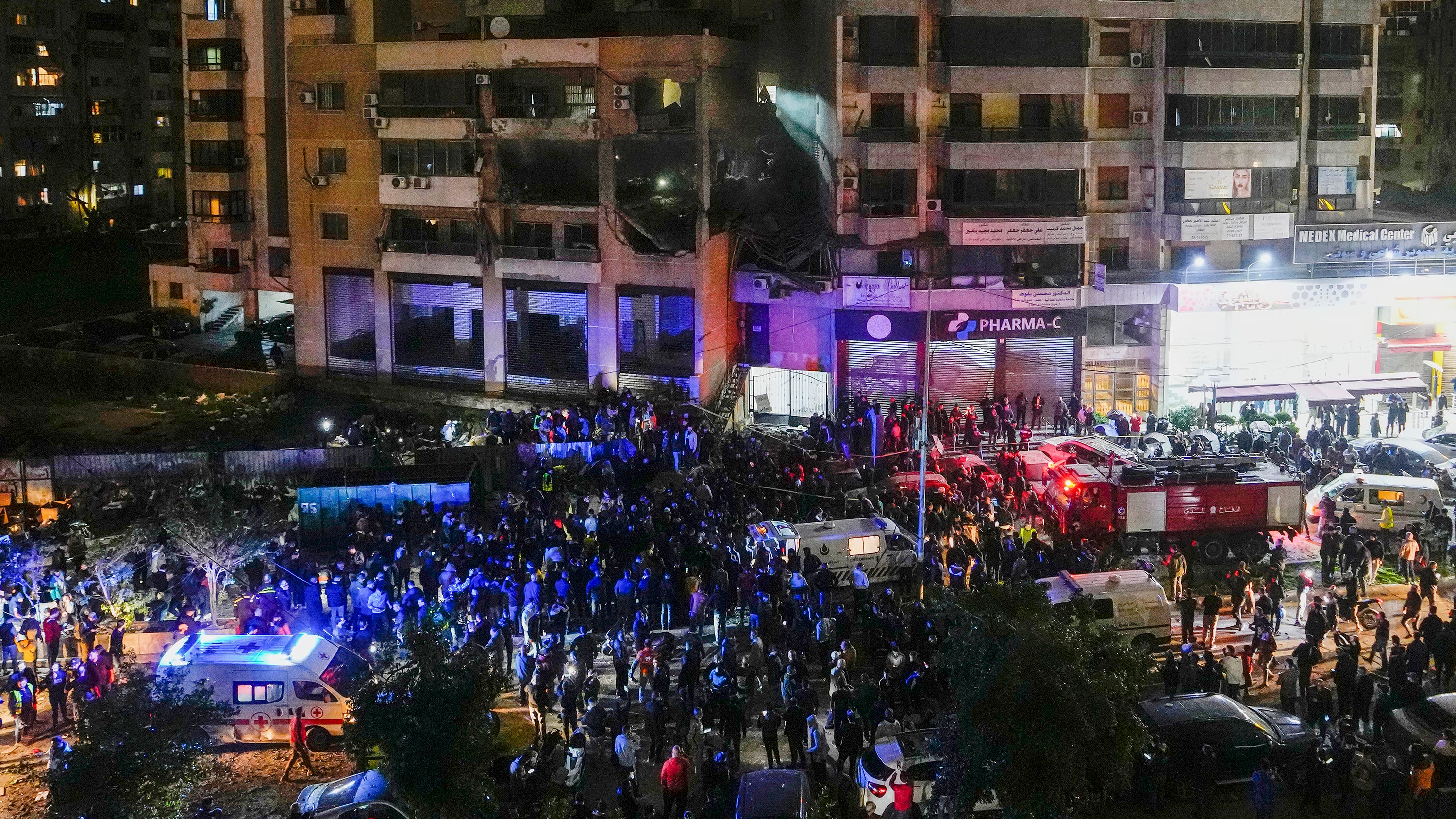
In an airstrike on Beirut, the Israeli military has announced the killing of Hezbollah leader Hassan Nasrallah. With intense rocket fire by the group into northern Israel, the Israeli defense forces targeted dozens of Hezbollah sites in eastern and southern Lebanon, ultimately resulting in Nasrallah's death. This strike comes as Israel's retaliation for the continued aggression and violence from Hezbollah.
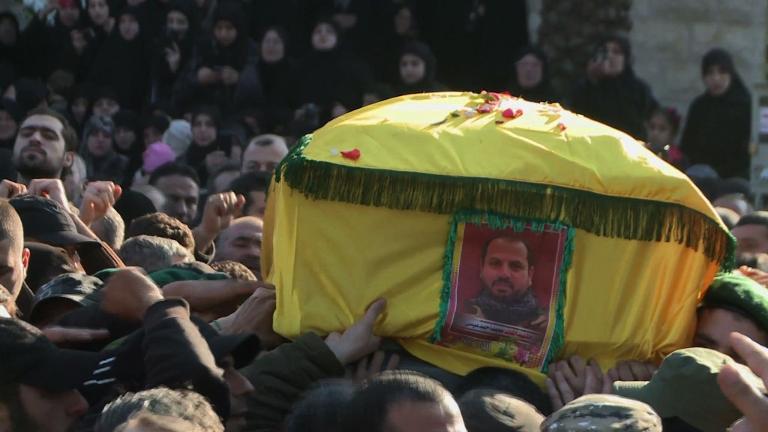
After a series of Israeli air strikes on Beirut, the leader of Hezbollah, Hassan Nasrallah, has been confirmed dead by the militant group. The strikes, which were claimed as a victory by Israel, have left the West feeling powerless and on edge. In tribute to the late leader, let's take a look back at some of Dame Maggie Smith's most iconic roles, from Professor McGonagall to Miss Jean Brodie.
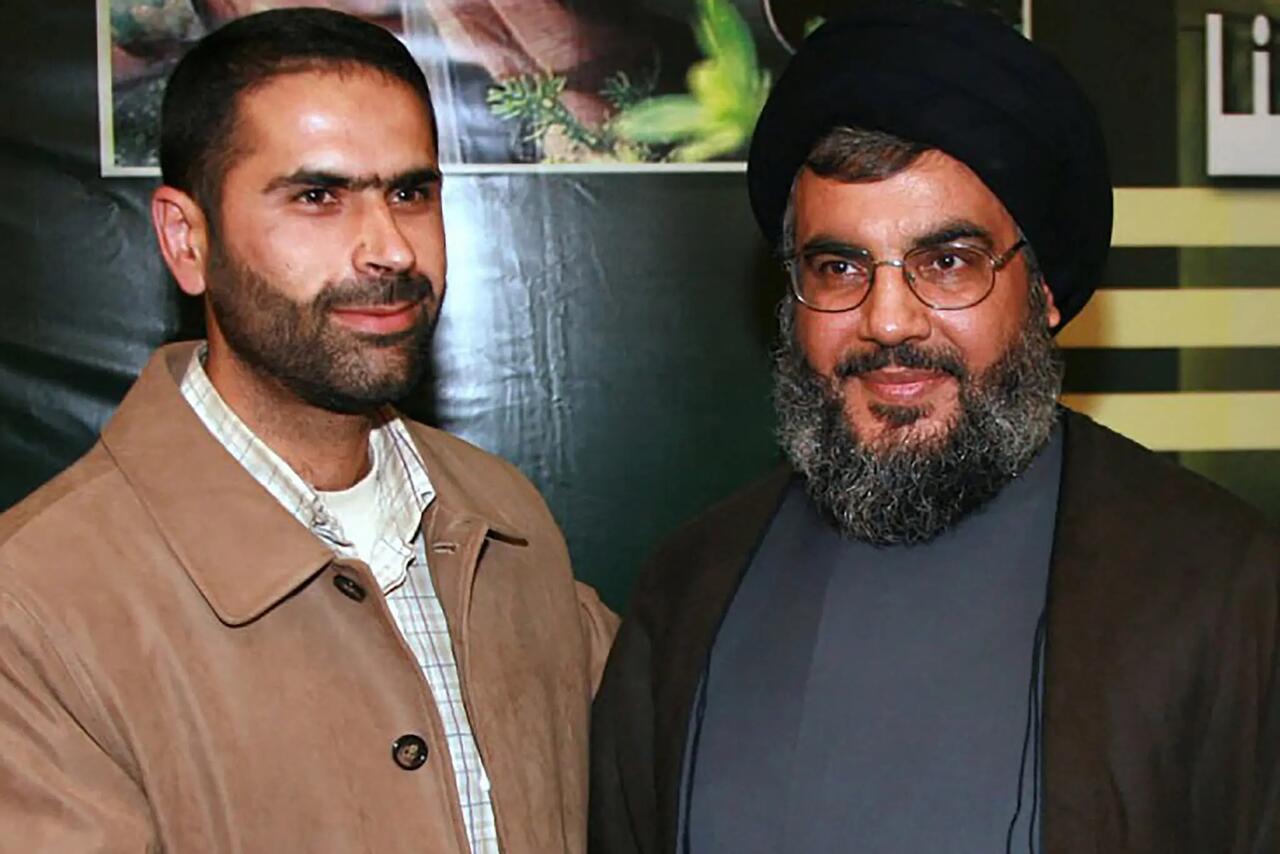
After 32 years of leading Hezbollah, Hassan Nasrallah was killed in a targeted Israeli Air Strike on the group's central headquarters in Beirut. The strike, authorized by Prime Minister Benjamin Netanyahu, was carried out after precise intelligence showed that Nasrallah and other senior Hezbollah commanders were actively planning terrorist activities against Israel. The Israeli military confirmed Nasrallah's death, stating that he was responsible for the deaths of many Israeli civilians and soldiers during his reign as Hezbollah's Secretary-General.
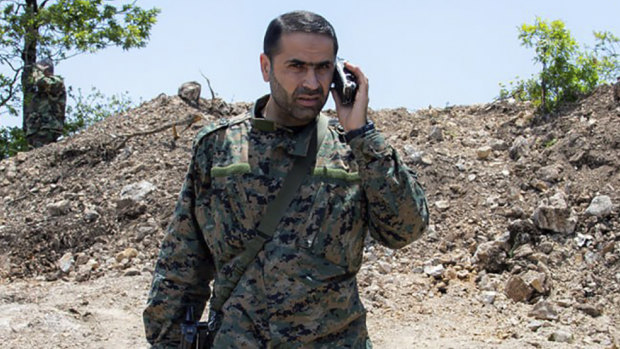
The IDF has announced that they killed Hezbollah leader Hassan Nasrallah, along with two senior commanders, in airstrikes on Beirut. IDF Chief of Staff, Lt Gen. Herzi Halevi, stated that this was in response to repeated attacks on Israel orchestrated by these individuals. This move follows the recent elimination of another top Hezbollah commander. In a clear message, Lt Gen. Halevi stated that anyone who threatens Israeli citizens will be targeted.